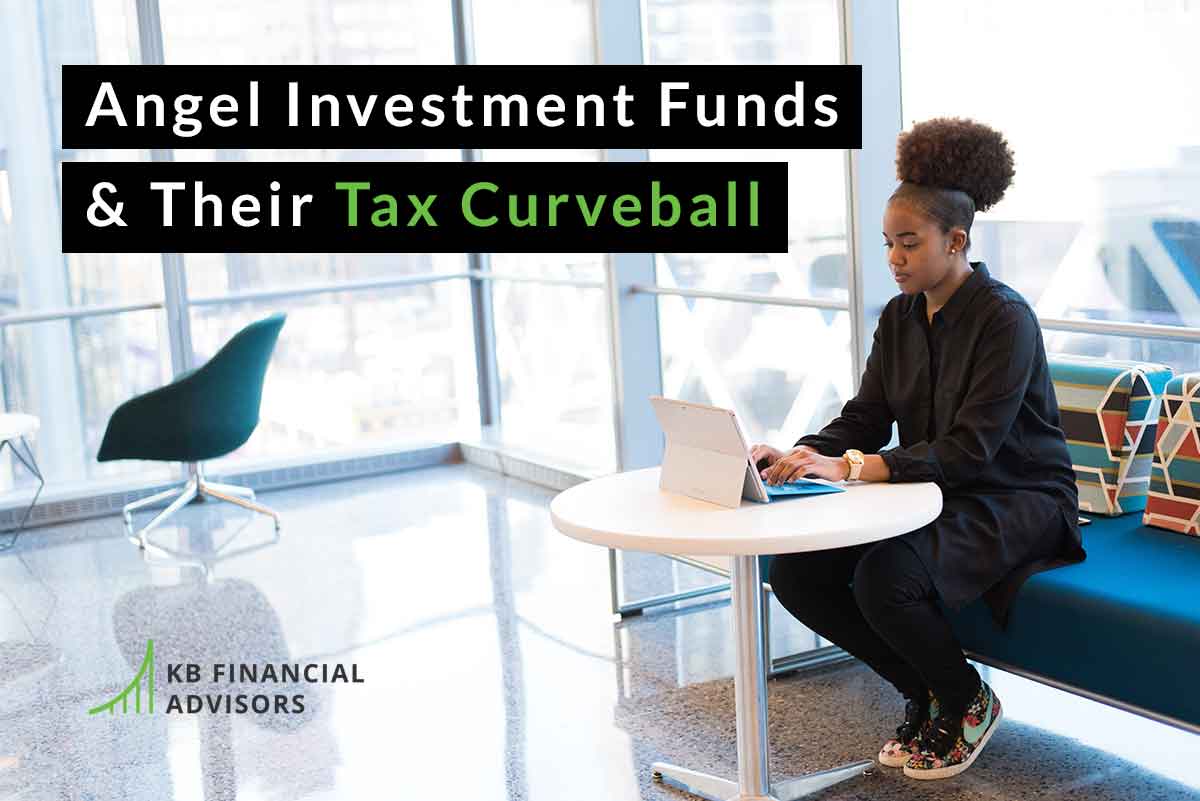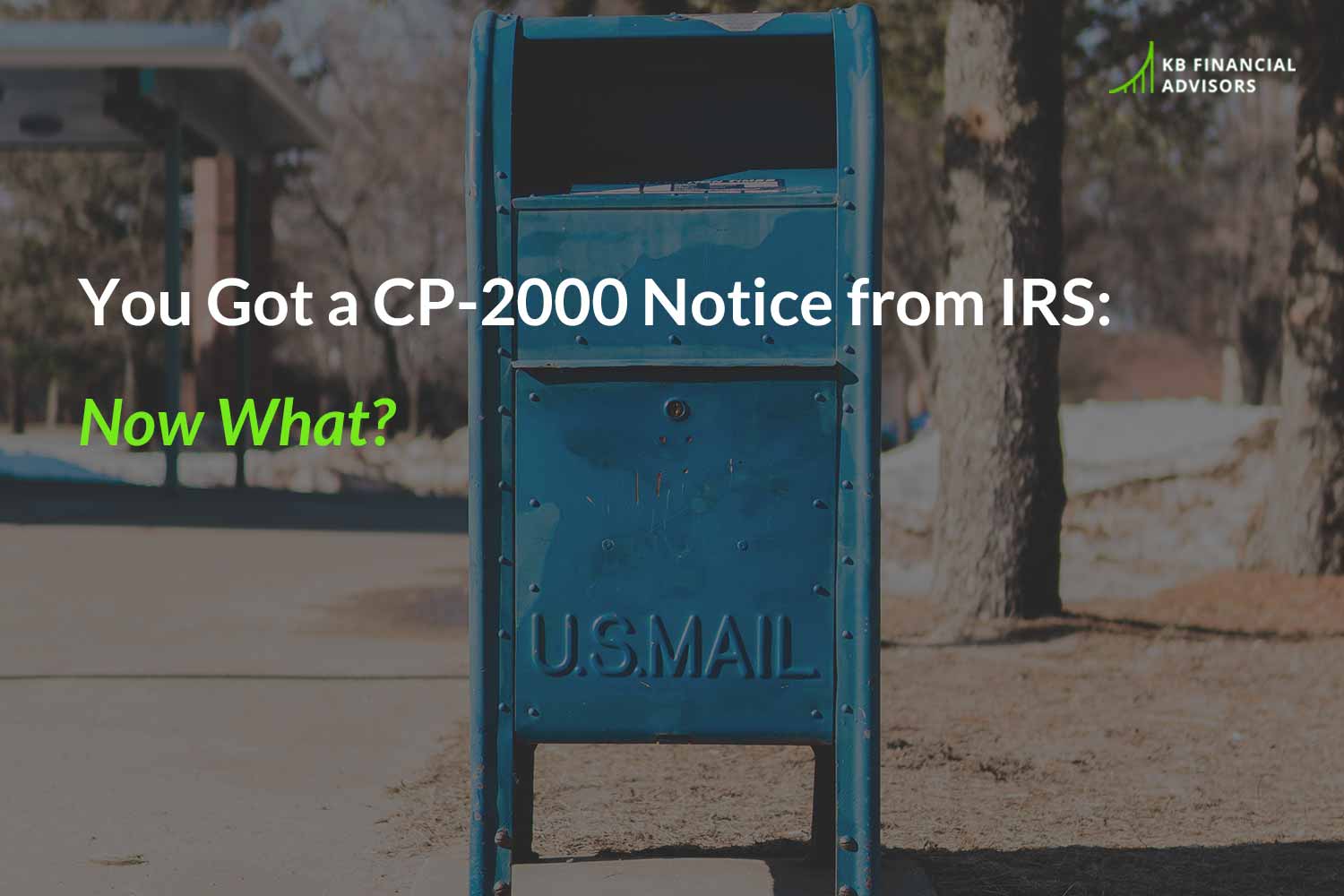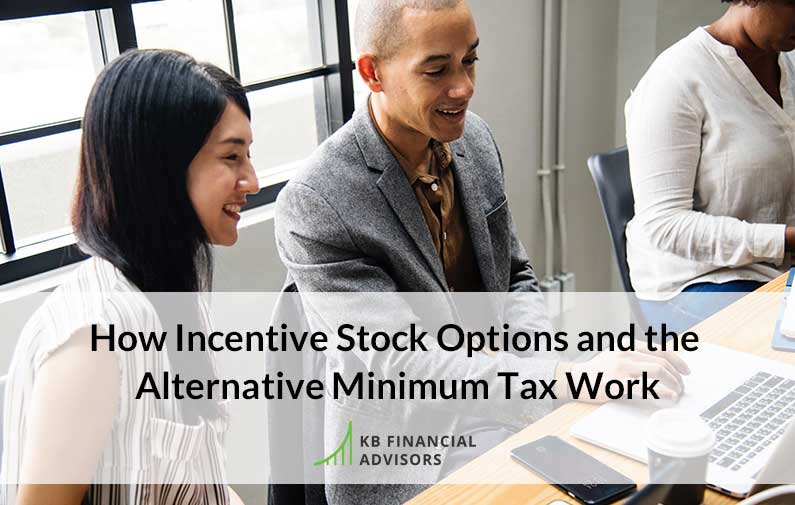In the world of startups, “angel investing” has become a pretty sexy term… for a number of reasons. One, when a startup gets an angel investor to back their business, it usually means the founders can eat something other than rice and pinto beans, and the company has a much higher chance of success. Two, angel investors are highly sought-after individuals, for obvious reasons, so they gain the status of being put on a pedestal in the startup world. Three, we all want to be like the rich and successful people out there, so as humans, we naturally pay attention to things like this… especially if we work in the startup or startup-adjacent world. But now angel investing isn’t just exclusive to people who have millions of dollars just sitting around to take a risk on a company they think looks promising. Through platforms like AngelList, angel investment funds are opening angel investing to more people, and you might be considering this as a way to grow your portfolio. Just be aware of the how the angel and startup investment fund k1 for investors will impact your tax return.
2 Things to Know Before Using Angel Investment Funds
Now, I’m not here to comment on whether or not angel investing is a good investment strategy… there are too many factors at play, and it’s highly dependent on what you invest in.
But there are some things you’ll want to consider—especially when it comes to taxes and IRS rules—before you make a move like this.
#1: Pay Attention to Your Schedule K-1 for Investors
No matter what kind of angel investment you make, they will always issue you a Schedule K-1. (According to IRS lingo, a K-1 reports the income, losses, and dividends of the company’s or fund’s shareholders.)
Your Schedule K-1s will always be generated specifically for you, based on what percentage of the company you own. The company generates one for every owner, and reports them to the IRS and state revenue departments.
If, however, you don’t correctly report your K-1s, it’ll result in you getting a matching notice from the IRS or your state agency, and can be an absolute headache to deal with… especially since the IRS is currently overwhelmed and even slower at processing paperwork than they normally are. ????
To add insult to injury with a matching notice, you could end up owing both penalties and interest on your K-1 reported income if there are inconsistencies… or you could have a loss to report, which is demoralizing at best.
How much can this impact your taxes?
Fortunately for most of our clientele, K-1 related investments tend to be smaller and have a minimal impact on your tax return amount.
If you invest through an entity like AngelList, you’ll see your K-1 income reported on Schedule E of your 1040 under passive activity.
And so far, this sounds pretty straightforward, right?
Like, as long as you report everything correctly and have all your ducks in a row, you should be fine if you choose this way?
Sure.
Until you realize that until your K-1 is officially finalized (which often isn’t until September 15 of the following year), you’ll be held up on filing your tax return.
#2: Your Schedule K-1 for Investors Must be Finalized
Here’s the curveball. ⚾
(Did you catch it in the last sentence above?)
For something that, all in all, will probably have a very small effect on your tax return, you could be held up on filing your taxes until this form is finalized.
Not getting your taxes done can be frustrating enough, but it’s even more frustrating when you know you’ve overpaid, that the state and federal governments owe you some cash back, but you can’t get it because you’re waiting on that darn K-1 document.
I mean, yes, most of these angel investing companies will issue you estimated numbers for your K-1 before the normal tax deadline, but that’s the thing—they’re only estimates.
They’re good to help you do some tax prep and file an extension, but they’re not enough to officially file… or you’ll have to deal with those pesky matching notices I mentioned above.
Angel and Startup Investment Funds: To invest, or not to invest?
Again, I’m not here to tell you whether or not angel investing is a good idea or not.
I’m just here to make sure you’re fully aware of what you’re signing yourself up for if and when you decide to do it, so there aren’t any gnarly surprises come tax time.
What happens with your angel investments (gain or loss amounts) can trigger a whole waterfall of tax consequences depending on your personal situation, and it can include things like: interest, ordinary dividends, and short term capital gains… and affect your tax rates for each of these categories for investments elsewhere, depending on your overall income total.
Qualified dividends and long term capital gains can give you preferential capital gains taxation from 0% to 20%, but you could also be subject to additional net investment income tax income, depending on your situation. (I know that sounds like a total headache, and it kind of is. Book a call here if you’d like help sorting through it.)






